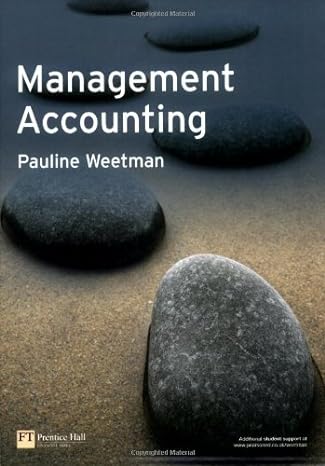In rural Wales it has been estimated that walkers spend 55m a year, which creates 3,000 full-
Question:
In rural Wales it has been estimated that walkers spend £55m a year, which creates 3,000 full- and part-time jobs. Mountaineering in area such as Snowdonia adds £22m in terms of annual spending and another 1,200 jobs.
Tourism and leisure is the fastest growing global industry and it accounts for 10% of the Welsh workforce. Professor Midmore said,
‘The potential of walking as a means of rural economic regeneration is currently under exploited but could contribute significantly.
An extension of rights of way would offer significant income and job creation potential.’
According to the professor’s research, creating a job via the mechanism of improving and promoting facilities for walkers in Wales would be £433 per job in contrast to the direct and indirect costs of supporting a job in agriculture which is almost 10 times the cost at £4,227.
Discussion points 1 What might be the direct and indirect costs of supporting a job in agriculture?
2 Should this cost information be used as a basis for a decision to no longer support jobs in agriculture?
Step by Step Answer:






